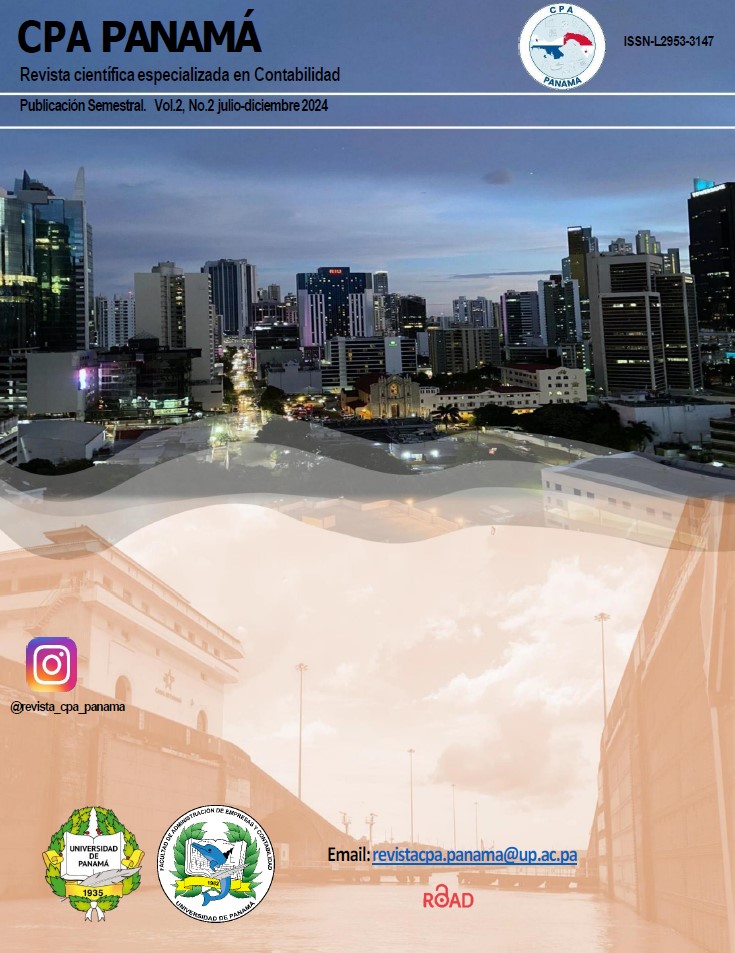

Copyright (c) 2024 CPA PANAMÁ

This work is licensed under a Creative Commons Attribution-NonCommercial-ShareAlike 4.0 International License.
The magazine article addresses the differences between the traditional Forensic Auditing and the new Anti-Fraud Forensic Auditing, explaining that the first originated for detection purposes and the second for prevention and detection purposes, among other differences; also arguing that it is a mistake to talk about crimes. The distinction between "crime" and "fraud" is highlighted, noting that while all frauds are crimes, not all crimes are frauds. It is explained that an Anti-Fraud Forensic Auditor should avoid the term "crime" due to its broadness and instead focus on the hundreds of specific terms such as fraud, corruption, and money laundering, which are important to know how they are prevented, controlled, detected, investigated and clarified. Examples of fraud schemes are presented that, although ethically questionable, may not be legally considered crimes. Additionally, the impact and importance of an Anti-Fraud Forensic Auditor being well informed about fraud, corruption and money laundering schemes is highlighted, rather than focusing solely on crimes defined in the law. The essay also discusses the difference between an Accounting Expertise (Forensic Accounting) and an Anti-Fraud Forensic Auditing and concludes that the Anti-Fraud Forensic Auditor should use terms such as "alleged fraud, corruption and money laundering scheme" instead of "crime" to maintain objectivity and avoid legal risks. Finally, an analysis is made of the different schools of Forensic Auditing, highlighting the evolution of the Anti-Fraud Forensic Auditing and its importance in the comprehensive management of the scourges of fraud, corruption, and money laundering in the 21st century